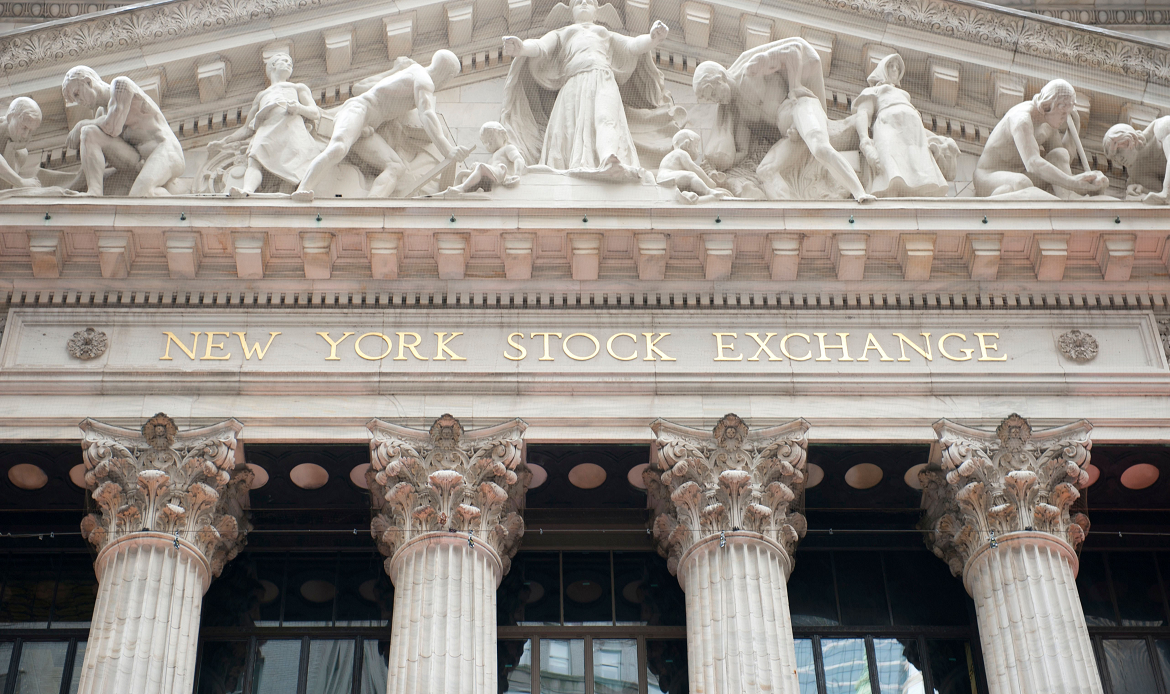The rapid, impulsive selling of a security/investment by so many holders/ investors at the same time in an attempt to avoid a “looming” downturn in the market. This has the effect of ushering in a sharp decline in price, stirring further panic among investors. As is often the case, investors embark on panic selling in reaction to emotional considerations, rather than systematic evaluation of a company’s or industry’s fundamentals.
Typically, panic selling results in an oversupply of a security available for sale, while demand is left either constant or decreasing, thus driving down the price. Unexpected, negative events and developments such as poor earnings announcements, corruption scandals, wide-scale catastrophes, etc, may cause a stock to drop suddenly in price, as investors scramble to sell their holdings immediately before the price plummets even more
As history shows, panic selling has proved to be the primary igniter of all market crashes. Hence, trading curbs like circuit breakers are often used by major exchanges to help diffuse potential panic selling and keep the market as normal as possible.






